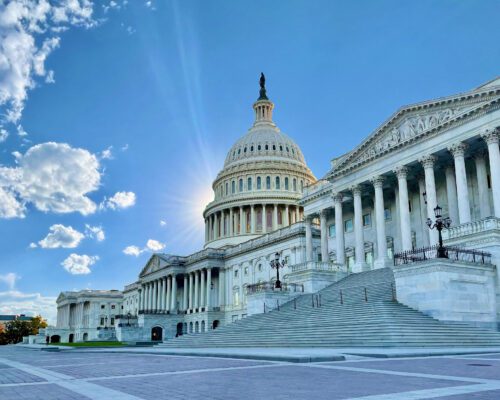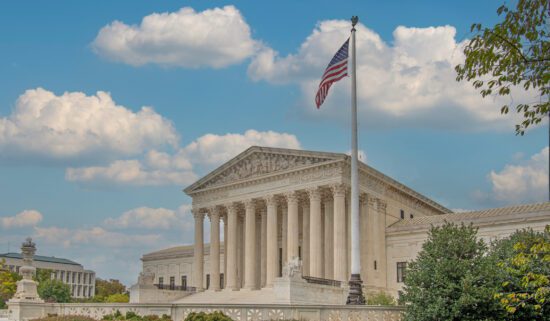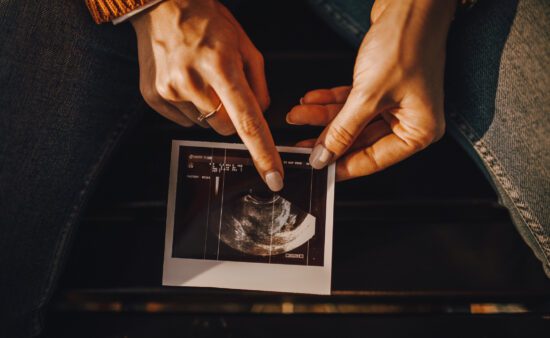Last week, the ERLC joined public comments with other faith-based organizations in response to two Department of State proposed rules that would undermine the vital work being done by faith-based international aid providers. These rules would place new restrictions on foreign aid contractors and foreign aid grant recipients, requiring them to adhere to hiring standards that do not allow them to consider sexual orientation and gender identity or expression in the hiring process in order to remain eligible for foreign aid funding.
In doing so, the Department is forcing these aid providers to choose between their religious beliefs and their ability to live out the tenets of their faith through helping the underserved.
What is foreign aid assistance?
Foreign aid assistance comprises less than 1% of the annual federal budget (about $40-60 billion annually) and is typically administered through grants or federal contracts. These grants and contracts seek to promote U.S. interests in foreign affairs in issues by:
- encouraging economic growth,
- assisting foreign governments,
- expanding access to healthcare and education,
- promoting stability in regions experiencing unrest and conflict,
- and by countering terrorism, drug production, and human trafficking.
Since the early 2000s, these funds are viewed as intrinsically tied to national security; through supporting these programs, the U.S. government is able to influence and reach communities that are otherwise rendered inaccessible.
What is the scope of these proposed rules?
These proposed rules will have far-reaching effects, with implications both for international aid and for U.S. foreign policy. For example, the 50 largest faith-based foreign aid grant recipients received roughly $613 million in federal funding in 2023. These groups operate in more than 100 countries to provide services such as:
- water,
- sanitation and hygiene (WASH) services,
- support for displaced persons and refugees,
- and services to counter human trafficking and strengthen healthcare and justice systems.
As the ERLC points out in our comments, based on the way these proposed rules are written, the Department does not appear to recognize the burdensome and negative effects these proposed rules will have both for the religious liberty of these organizations and for the individuals that they serve.
How do these rules impact the religious liberty of these faith-based organizations?
Many faith-based organizations implement hiring standards in alignment with their beliefs. This may include only hiring individuals who believe in biblical marriage and who identify with their biological sex (as opposed to undergoing a “gender transition”). Hiring staff members that reflect the religious beliefs of an organization is a long-standing pillar of religious liberty protections.
The proposed rules would render such organizations ineligible unless a waiver or other religious liberty protection is applied.
Doesn’t the Religious Freedom Restoration Act (RFRA) provide protection for these faith-based organizations?
As the ERLC states in our public comments, the Religious Freedom Restoration Act does apply to these proposed rules. However, by not providing clarity on this issue, the Department is opening the federal government up to ultimately settle this question through litigation. The interim time during which the federal government is engaging in litigation will still deter recipients from applying by calling into question their eligibility.
As one example where the Department has provided a lack of clarity, the Department problematically limits applicable religious freedom protections as “expressly” provided in federal law. Since RFRA applies to all of federal law, the protections it provides are not considered “expressly” stated; the Department is implying that there is another threshold that these groups must meet to receive religious liberty protections.
While the two proposed rules do provide for waivers to be applied, it’s unclear when these may be applied and what criteria officials are required to take into account. For example, the waiver for grant recipients is applied at the discretion of the grant officer and does not require the officer to consider any extenuating circumstances (such as local laws and ordinances), only the interests of the United States government. Additionally, the contract waiver provides very limited circumstances that should be considered when awarding a contract waiver.
What changes should the Department of State make to these proposed rules?
In our public comments, the ERLC joined other groups including the Christian Legal Society, Samaritan’s Purse, and the Accord Network in requesting that the Department enact revisions to these proposed rules. The recommended revisions are summarized as follows:
- The Department should develop and implement a process for review and a consistent acquisition approach to implement these rules.
- The Department should provide clarity on religious liberty protections through adding clarifying paragraphs, creating a categorical religious freedom exemption, and removing the phrase “expressly permitted” when discussing religious freedom protections in federal law.
- The Department should clarify the scope of these rules, since it appears that the Department believes these changes to have a minimal burden on these organizations.
We hope to see the Department revise these rules and ensure faith-based organizations are able to continue providing vital services to their communities around the world.










